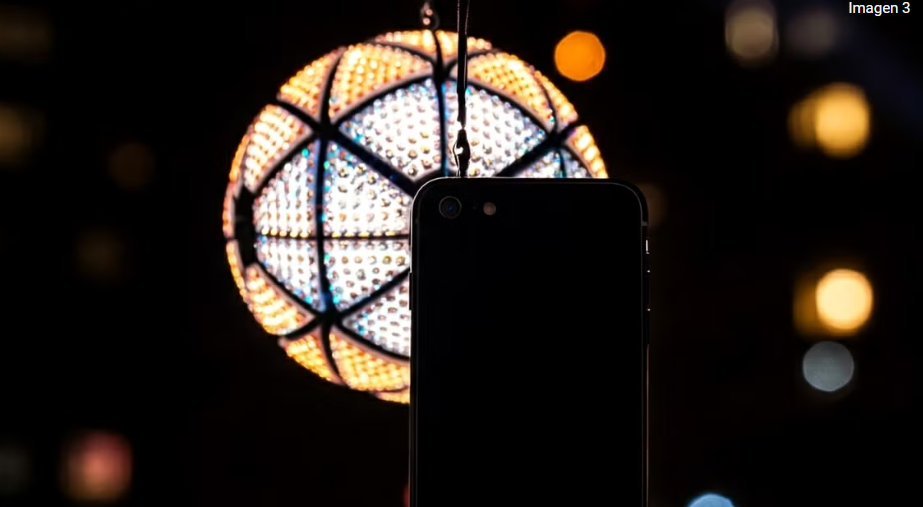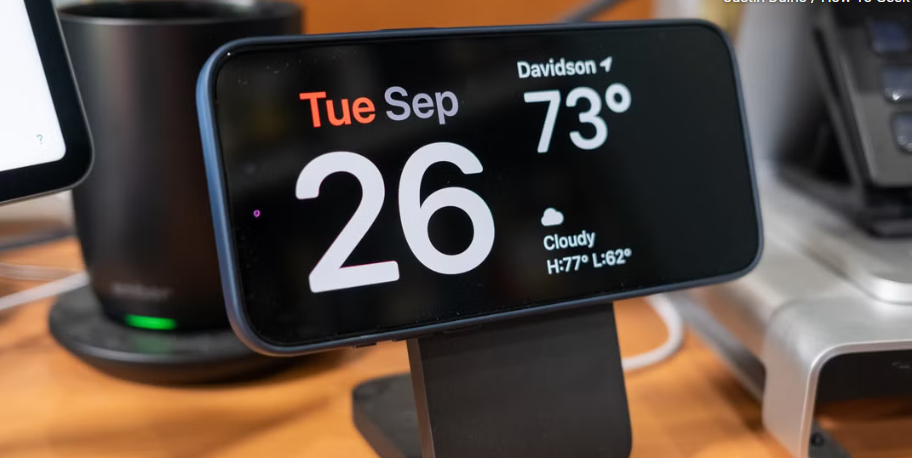Apple, one of the world’s most valuable technology companies, has agreed to a settlement following allegations of unauthorized Siri recordings. This development has significant implications for consumer privacy, corporate accountability, and the technology sector’s approach to data handling. The settlement has drawn global attention, as it underscores the growing scrutiny over tech companies’ data practices.
This article delves into the background, details, and broader implications of this case, providing a comprehensive overview of what this settlement means for Apple and its users.
Background on Siri and Privacy Concerns
What is Siri?
Siri is Apple’s voice-activated virtual assistant, introduced in 2011 with the iPhone 4S. Designed to make interactions with devices more intuitive, Siri allows users to perform tasks using voice commands, such as setting reminders, sending messages, or searching the web. Siri’s functionality is powered by artificial intelligence (AI) and machine learning (ML), requiring access to vast amounts of user data to improve performance.
How Siri Collects Data
Siri collects data to understand and process voice commands accurately. This data includes:
- Voice recordings for speech recognition.
- Interaction logs to improve functionality.
- Contextual data, such as location and app usage, to personalize responses.
Privacy Concerns Emerge
In 2019, reports surfaced that contractors hired by Apple were listening to Siri recordings as part of quality control measures, a practice known as “grading.” While the intention was to improve Siri’s accuracy, it raised serious privacy concerns. Allegations included:
- Recordings being made without explicit user consent.
- Accidental activations of Siri leading to sensitive conversations being recorded.
- Contractors hearing personal and confidential information.
The Lawsuit and Settlement Details
Lawsuit Overview
The controversy led to a class-action lawsuit against Apple. Plaintiffs alleged that Apple had violated user privacy by recording and sharing Siri interactions without clear consent. Key claims included:
- Breaches of privacy laws.
- Misleading users about how their data was being handled.
- Failing to provide adequate controls for managing Siri data.
Settlement Details
In 2024, Apple agreed to a settlement to resolve the lawsuit. While the exact financial terms remain undisclosed, the settlement includes provisions such as:
- Compensation for Affected Users: Eligible users may receive monetary compensation.
- Policy Changes: Apple agreed to implement stricter policies to ensure user privacy.
- Independent Audits: Regular audits to verify compliance with new data handling practices.
Apple’s Response
Apple maintained that the company’s data practices were designed to prioritize privacy. However, the company acknowledged the need for improvement and committed to:
- Making Siri’s data collection more transparent.
- Offering clearer user controls for managing recordings.
- Minimizing the retention of sensitive data.
How Siri Recordings Became a Privacy Flashpoint
Accidental Activations
Siri can be activated by saying “Hey Siri” or pressing specific device buttons. However, accidental activations occur when the assistant mistakenly interprets other sounds as the wake command. These false activations contributed to unauthorized recordings.
Lack of Transparency
Users were often unaware that their interactions with Siri could be recorded and analyzed. Apple’s policies were criticized for being opaque, leaving users uncertain about how their data was handled.
Broader Context of Data Privacy
The Siri controversy is part of a larger conversation about data privacy in the tech industry. Similar issues have arisen with other voice assistants, such as Amazon’s Alexa and Google Assistant, highlighting systemic challenges in balancing functionality with privacy.
Implications of the Settlement
For Apple
The settlement marks a turning point for Apple, a company known for emphasizing privacy as a core value. Key implications include:
- Reputational Impact: While Apple’s quick response may mitigate damage, the incident has dented its privacy-centric image.
- Increased Scrutiny: Regulators and consumers may scrutinize Apple’s future data practices more closely.
- Operational Changes: Implementing the agreed-upon measures may require significant changes to internal processes.
For Consumers
The settlement benefits consumers by:
- Ensuring greater transparency about how Siri handles data.
- Providing clearer options for managing voice recordings.
- Setting a precedent for holding tech companies accountable.
For the Tech Industry
The case sends a strong message to other tech companies about the importance of:
- Prioritizing user consent and privacy.
- Clearly communicating data practices.
- Proactively addressing potential issues to avoid legal challenges.
How Apple is Improving Privacy Practices
New Features and Updates
In response to the controversy, Apple introduced several features to enhance user privacy:
- Opt-Out Options: Users can now opt out of Siri grading.
- Delete Recordings: The ability to delete Siri interactions from Apple’s servers.
- Enhanced Controls: Updated privacy settings for managing Siri data.
Transparency Reports
Apple has committed to publishing regular transparency reports detailing:
- How user data is collected and used.
- Steps taken to protect privacy.
- Outcomes of independent audits.
Investing in On-Device Processing
Apple is increasing its investment in on-device processing, which allows Siri to handle more tasks without sending data to external servers. This approach:
- Reduces the risk of unauthorized access.
- Enhances user privacy by keeping data local.
- Improves responsiveness by minimizing latency.
Broader Lessons on Data Privacy
Importance of Consent
The Siri recordings controversy highlights the critical need for clear and informed user consent. Companies must:
- Obtain explicit permission before collecting sensitive data.
- Provide accessible and understandable privacy policies.
Balancing Innovation and Privacy
Technological advancements often require access to user data. However, companies must balance innovation with privacy by:
- Minimizing data collection to what is strictly necessary.
- Implementing robust security measures to protect user information.
Role of Regulation
This case underscores the importance of regulatory frameworks in holding companies accountable. Governments worldwide are introducing stricter privacy laws, such as:
- The European Union’s General Data Protection Regulation (GDPR).
- The California Consumer Privacy Act (CCPA) in the United States.
Conclusion
Apple’s settlement over unauthorized Siri recordings is a landmark moment in the ongoing debate over data privacy. It reinforces the importance of transparency, consent, and accountability in the tech industry. While Apple’s swift action and commitment to improvement are commendable, this case serves as a reminder that even the most privacy-conscious companies are not immune to missteps.
As technology continues to evolve, so too must the standards for protecting user data. Consumers, companies, and regulators all have a role to play in shaping a future where innovation and privacy coexist harmoniously.



